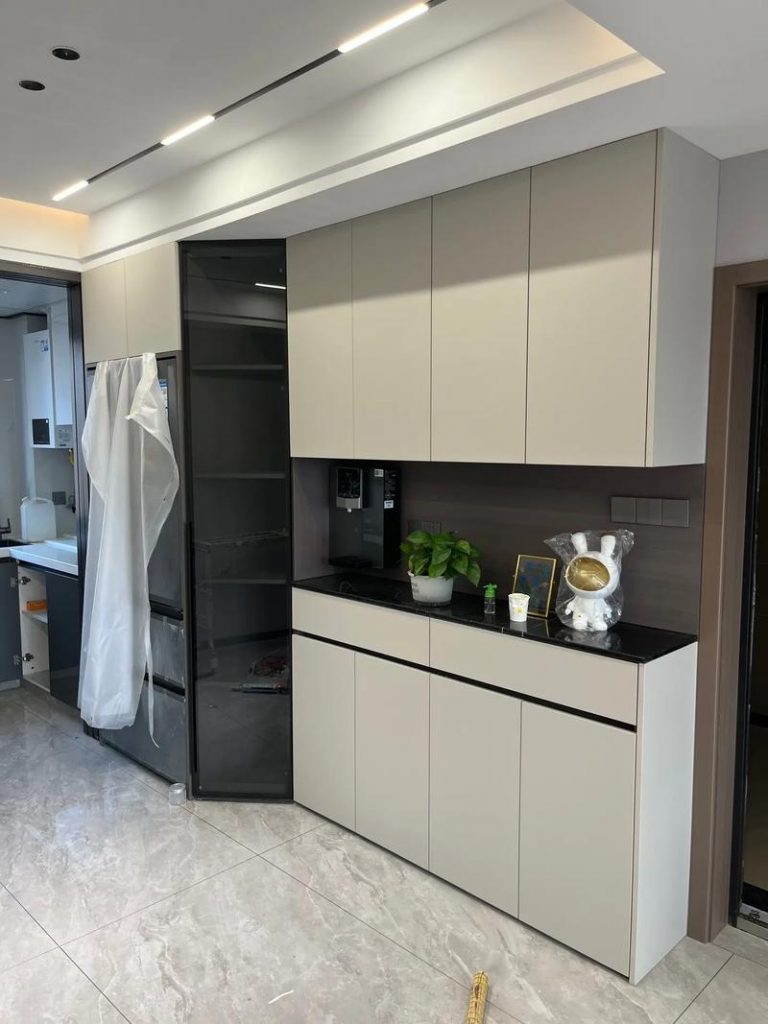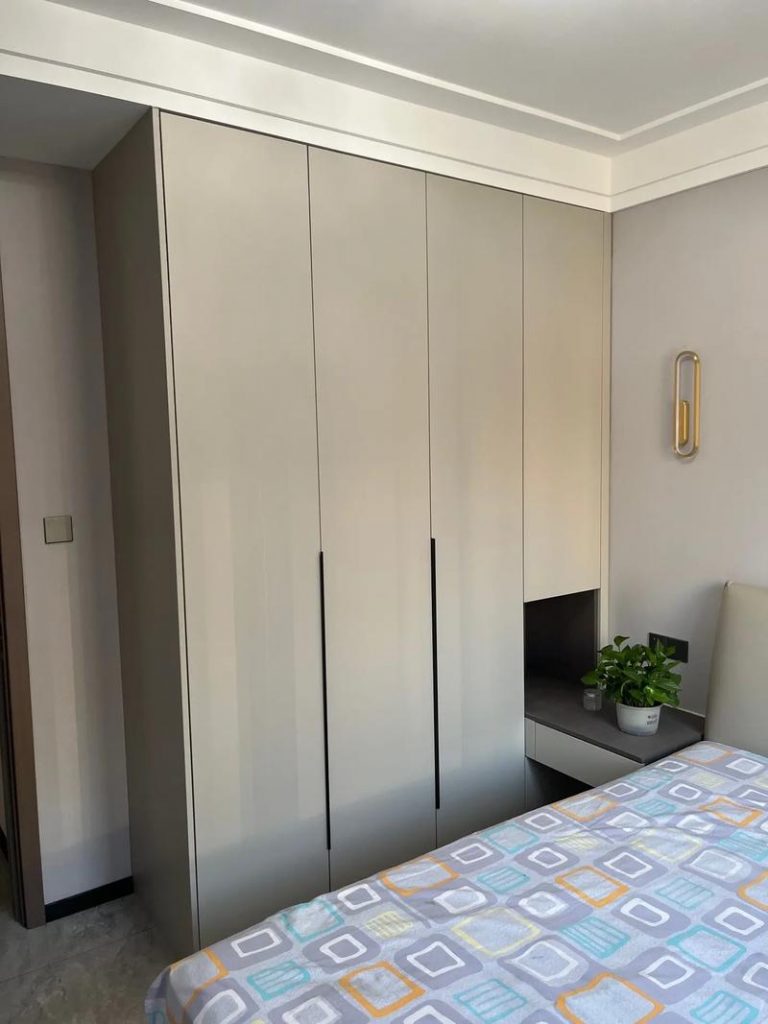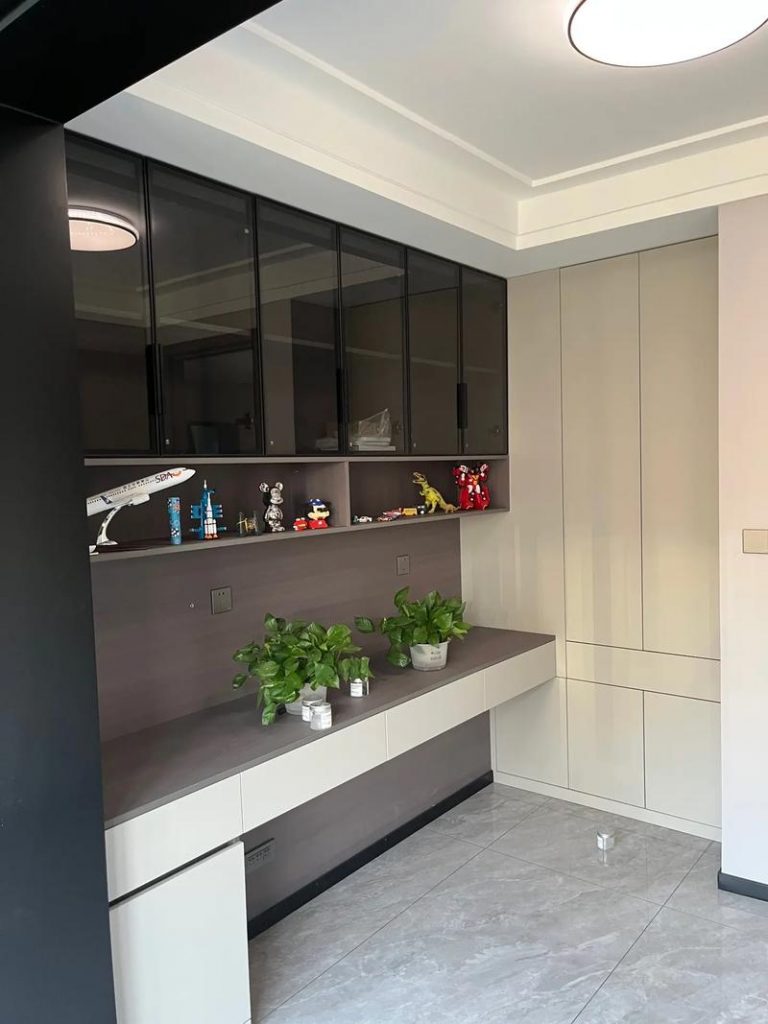In the competitive furniture industry, launching a product line or entering new markets often requires small initial orders to test demand, manage cash flow, or cater to niche audiences. China’s low MOQ (Minimum Order Quantity) furniture manufacturers specialize in providing flexible, scalable production for businesses that cannot commit to bulk orders. Whether you’re a startup launching a debut collection, a boutique retailer curating unique pieces, or a designer experimenting with avant-garde concepts, Chinese factories offer tailored solutions with minimal upfront investment. This article explores how low MOQ manufacturers empower global brands to innovate affordably and scale strategically.
—
1. Why Low MOQ Matters for Modern Brands
Traditional furniture manufacturing often demands large minimum quantities (e.g., 500–1,000 units), which can stifle creativity and strain budgets. China’s low MOQ factories break these barriers by:
– Reducing financial risk: Startups can test designs and markets without committing to bulk inventory.
– Enabling niche markets: Cater to bespoke tastes (e.g., custom art deco lamps, modular wall shelves) without economies of scale.
– Accelerating iterations: Rapidly refine prototypes based on customer feedback before scaling up.
For brands prioritizing agility and creativity, low MOQ factories are game-changers.
—
2. How Chinese Low MOQ Factories Operate
Chinese factories specialize in balancing flexibility with efficiency:
– Small-batch production: Dedicated lines for orders as low as 50–100 units per design.
– Modular workflows: Shared machinery and tooling reduce setup costs for diverse projects.
– Hybrid techniques: Combining CNC automation for precision with artisanal hand-finishing for uniqueness.
Cities like Dongguan and Shenzhen host clusters of factories equipped for low-volume, high-complexity orders.
—
3. Customization Without Compromising Scale
Low MOQ manufacturers thrive on bespoke solutions:
– Design freedom: Unique shapes, mixed materials (e.g., rattan + concrete), or limited-edition finishes.
– Regional adaptations: Custom sizing for APAC micro-apartments or EU safety standards.
– White-label flexibility: Private branding for startups or small retailers under their own identity.
From sculptural dining tables to ergonomic home office chairs, factories deliver artistry at scale.
—
4. Cost Efficiency for Small Budgets
Chinese factories minimize costs for low MOQ orders through:
– Bulk material sourcing: Direct partnerships with mills secure discounted rates even for small batches.
– Shared resources: Collective tooling and labor pools reduce per-unit expenses.
– Transparent pricing: No hidden fees—quotes include design, material, and logistics.
Startups save up to 60% on production costs compared to European custom shops.
—
5. Quality Assurance for Every Order
Maintaining quality at low volumes is non-negotiable:
– Standardized processes: ISO 9001-certified factories use AI-driven inspections to ensure consistency.
– Pre-shipment samples: Physical or 3D-rendered prototypes for client approval before mass production.
– Material traceability: Blockchain systems track raw materials from source to finished product.
Products meet international standards like ANSI/BIFMA (North America) and EN 1335 (Europe).
—
6. Sustainability in Low-Volume Production
Eco-conscious brands benefit from Chinese factories’ green practices:
– Circular materials: Recycled ocean plastics, FSC-certified wood, or mushroom-leather upholstery.
– Zero-waste workflows: Sawdust repurposed into biomass energy, fabric scraps recycled into insulation.
– Low-impact finishes: Water-based stains and plant-derived oils compliant with GREENGUARD.
Clients earn LEED credits and appeal to sustainability-driven markets.
—
7. Global Market Readiness
Chinese factories ensure seamless entry into target regions:
– Regulatory compliance: Certifications like CARB Phase 2 (USA), REACH (EU), and BIS (India) baked into production.
– White-glove logistics: Door-to-door FOB/CIF shipping, customs brokerage, and climate-controlled containers.
– Localization: Adjusting dimensions, voltages, and materials for regional markets (e.g., EU-sized beds vs. Asian norms).
Regular audits by TÜV and Bureau Veritas guarantee consistency.
—
8. Case Study: From Concept to Checkout
A U.S.-based boutique retailer partnered with a Chinese low MOQ factory to launch a line of modular wall shelves:
– Design phase: Factories adapted the retailer’s sketch into a 3D model using SolidWorks, incorporating FSC-certified birch.
– Production: 200 units shipped in 4 weeks, with 10% extra stock for seasonal promotions.
– Result: The retailer sold out within 3 months, reinvesting profits into a second collection.
—
Conclusion: Think Big, Start Small
For brands seeking to innovate, test markets, or cater to niche audiences without massive upfront commitments, China’s low MOQ furniture manufacturers deliver unmatched solutions. By combining agile workflows, eco-conscious practices, and cost-efficient scaling, these factories empower businesses to launch with confidence. Whether crafting limited-edition art pieces or launching a minimalist home office line, Chinese manufacturers turn small orders into strategic advantages.
Start small. Scale smart.
Partner with trusted Chinese low MOQ furniture manufacturers to prototype, produce, and deploy solutions that captivate your audience. Request a free design consultation, explore our portfolios, or download our production guide today.
—
Meta Description: Discover China’s leading low MOQ furniture manufacturers specializing in flexible, cost-effective production for startups and niche brands. Learn about customization, sustainability, and global compliance.
Keywords integrated naturally: Low MOQ furniture manufacturer China, custom furniture production, small-batch manufacturing, sustainable furniture supplier, wholesale furniture partner, global brand launches.
Article link:https://www.vlefooena.com/manufacturer/4321/




No reply content